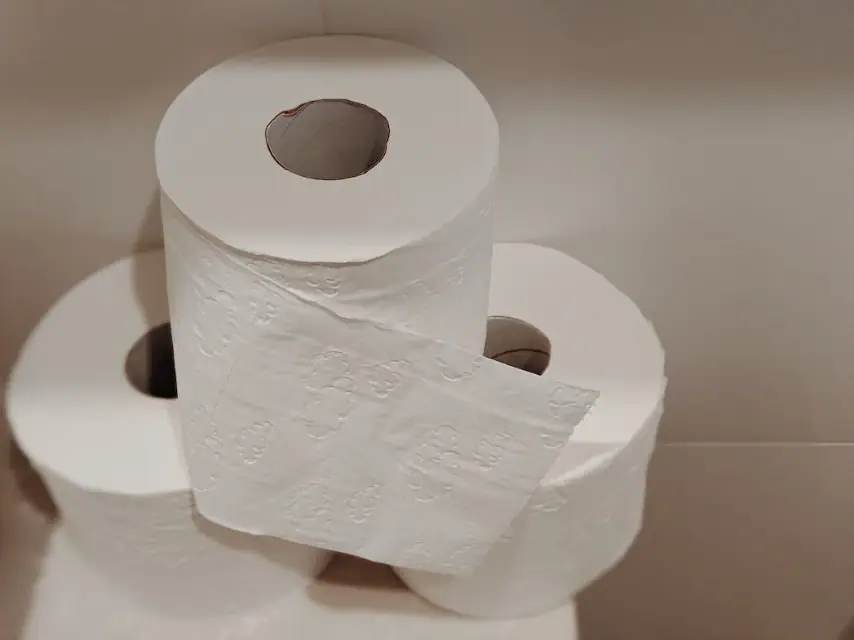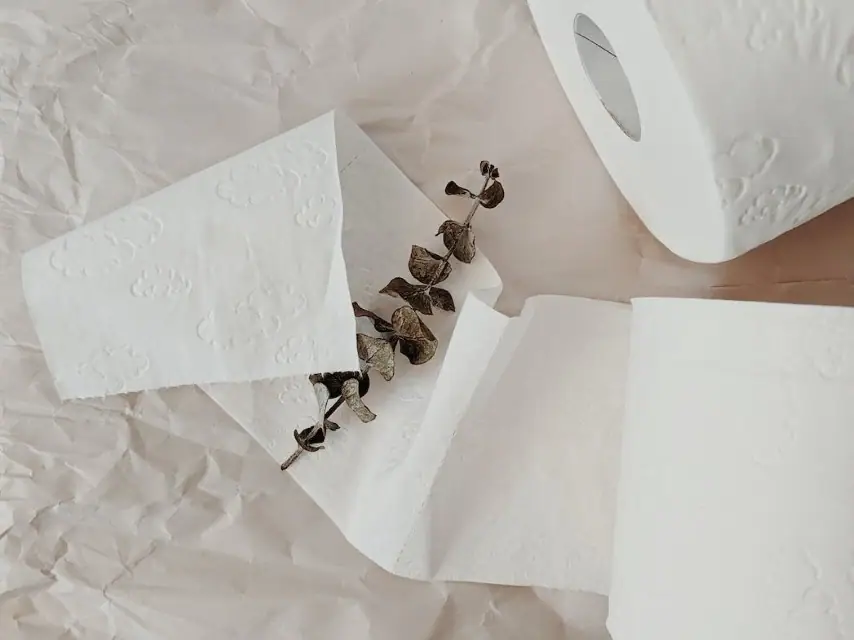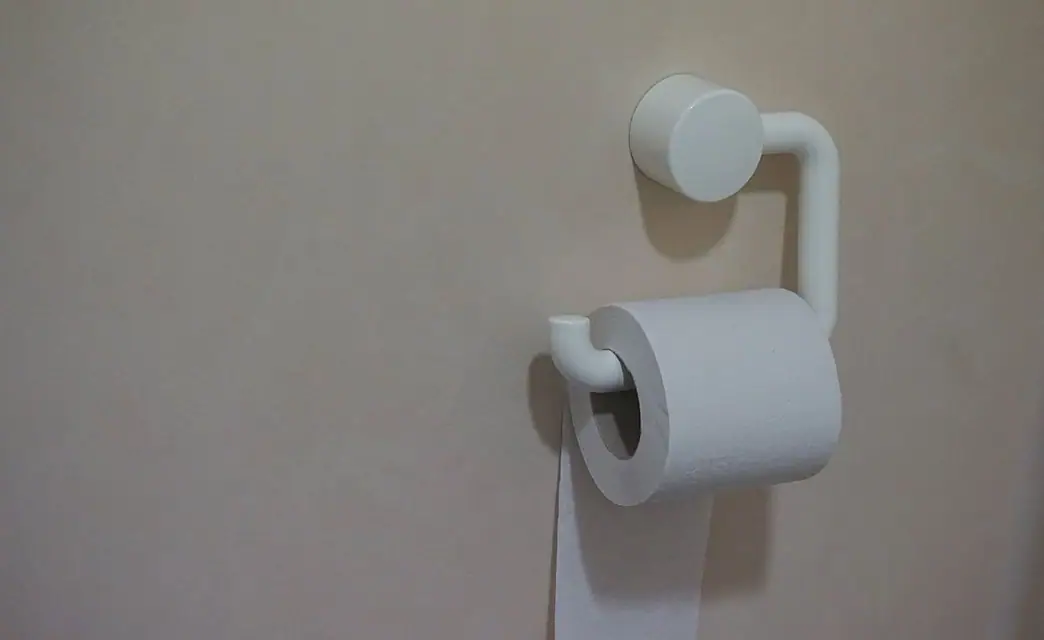It’s not uncommon for bowel movements to have an unpleasant odor from time to time. But when your poop starts to smell like rubber, it can be alarming. This unusual scent is often a sign that something is off with your digestive system. There are a few potential causes behind poop that smells like rubber.
Dietary Changes
What you eat can majorly impact the smell of your stool. If you’ve recently made changes to your diet, this could explain the rubbery odor.
For example, increasing your intake of red meats, eggs, or cruciferous vegetables like broccoli and cauliflower can make poop smell particularly foul. The sulfur compounds produced during their digestion give poop a rubbery, rotten egg-like smell.
Eating more artificial sweeteners like xylitol and sorbitol found in sugar-free gum and candies can also make your poop smell like rubber. These sweeteners are not fully absorbed and fermented by gut bacteria, releasing noxious gas that smells like rubber when you poop.

Medications
Certain medications can alter your poop’s odor, especially antibiotics. Antibiotics kill off healthy bacteria in your gut, allowing “bad” bacteria to thrive. This can cause smelly poop due to dysbiosis, or microbial imbalance in the intestines.
Other meds like laxatives, supplements, and metformin can also contribute to foul-smelling stools. The compounds they contain get excreted in poop and impact its scent.
GI Infections
Gastrointestinal infections from bacteria, viruses, or parasites can wreak havoc on your digestive tract. Two common ones are Salmonella and Clostridium difficile (C. diff).
Salmonella disrupts the gut microbiome and may make poop smell like rubber. C. diff causes inflammation and diarrhea, also giving stools a foul, rubbery odor.
These bugs produce smelly compounds like hydrogen sulfide during infection. Getting tested and treated can help resolve smelly poop caused by GI infections.

Bowel Disorders
Certain chronic bowel conditions like IBS, IBD, chronic pancreatitis, and cystic fibrosis can also lead to poop with a rubbery stench.
IBS and IBD flare-ups disrupt normal digestion, causing gas, diarrhea, and foul smells. Pancreatitis and cystic fibrosis hinder fat absorption, leading to excess fat in stools that smells rancid.
These disorders create an environment in the gut that allows sulfur-producing bacteria to thrive, releasing smelly compounds. Proper treatment and management can help minimize unpleasant poop odors.
When to See a Doctor
Occasional rubbery-smelling poop may not require medical attention. But if it persists for over a week or you have other symptoms like abdominal pain, vomiting, bleeding, weight loss, or fever, see your doctor.
Smelly poop accompanied by diarrhea that lasts over 48 hours also warrants medical care to check for infection.
Foul-smelling stools can have many causes. But when combined with other issues, they may indicate an underlying health condition needing treatment. Don’t hesitate to get checked out for peace of mind.
With a few simple diet and lifestyle changes alongside proper medical care if needed, you can get your poop back to its normal, non-smelly state again.

